What Data Masking is and Why Mask Data
Data masking is the process of hiding elements of an original value, while still keeping enough context for the string to make sense to the user. For example, maskin...
Insights and updates from the Basis Theory team
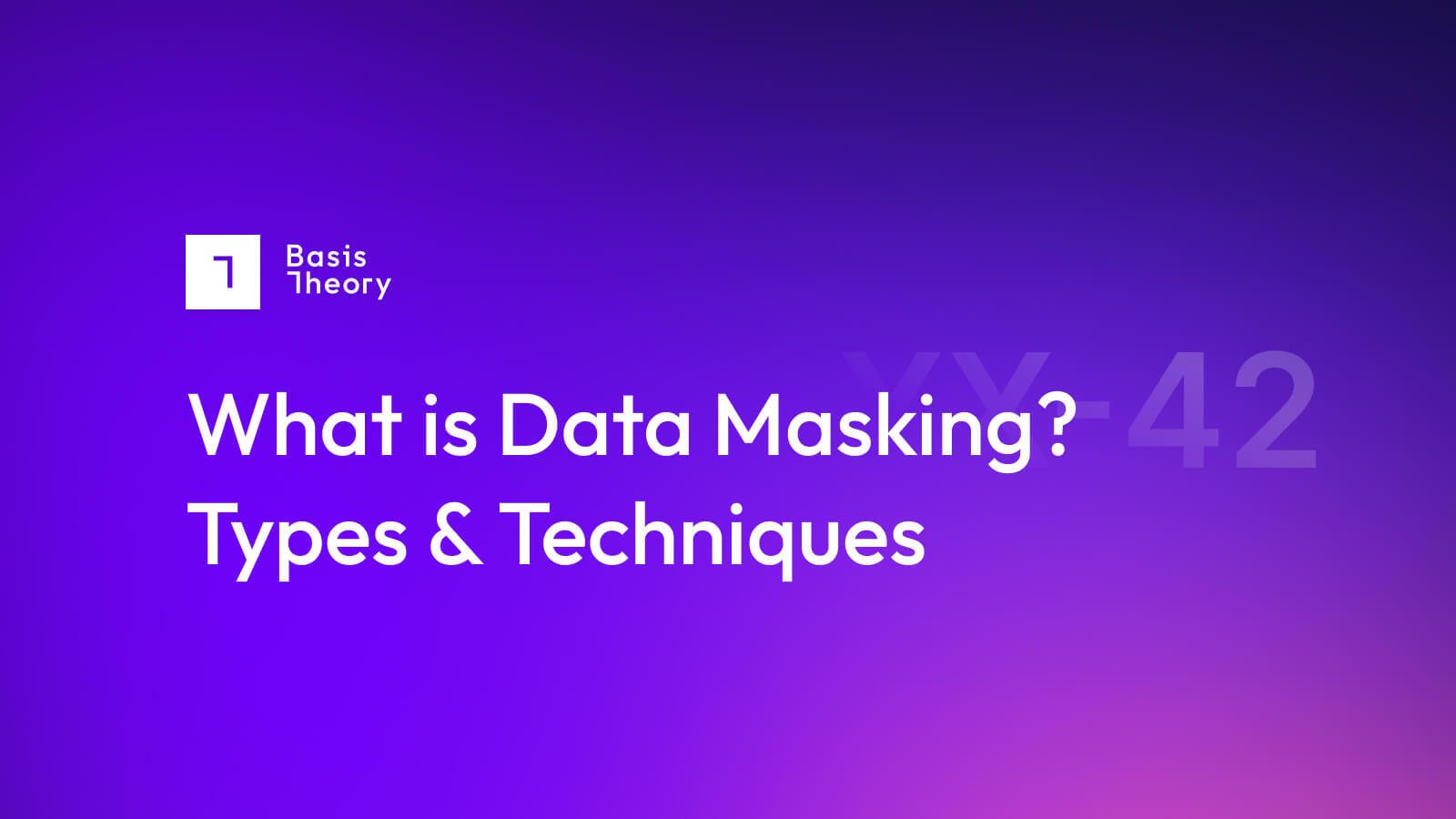
Data masking is the process of hiding elements of an original value, while still keeping enough context for the string to make sense to the user. For example, maskin...


In the world of payments, selecting partners to help transact business is one of the most complex, but critical, processes any business can complete. Choosing the ri...

Improved Platform Performance In January, we launched new Search and List endpoints that provide a 10x performance gain over our existing v1 endpoints. These new end...

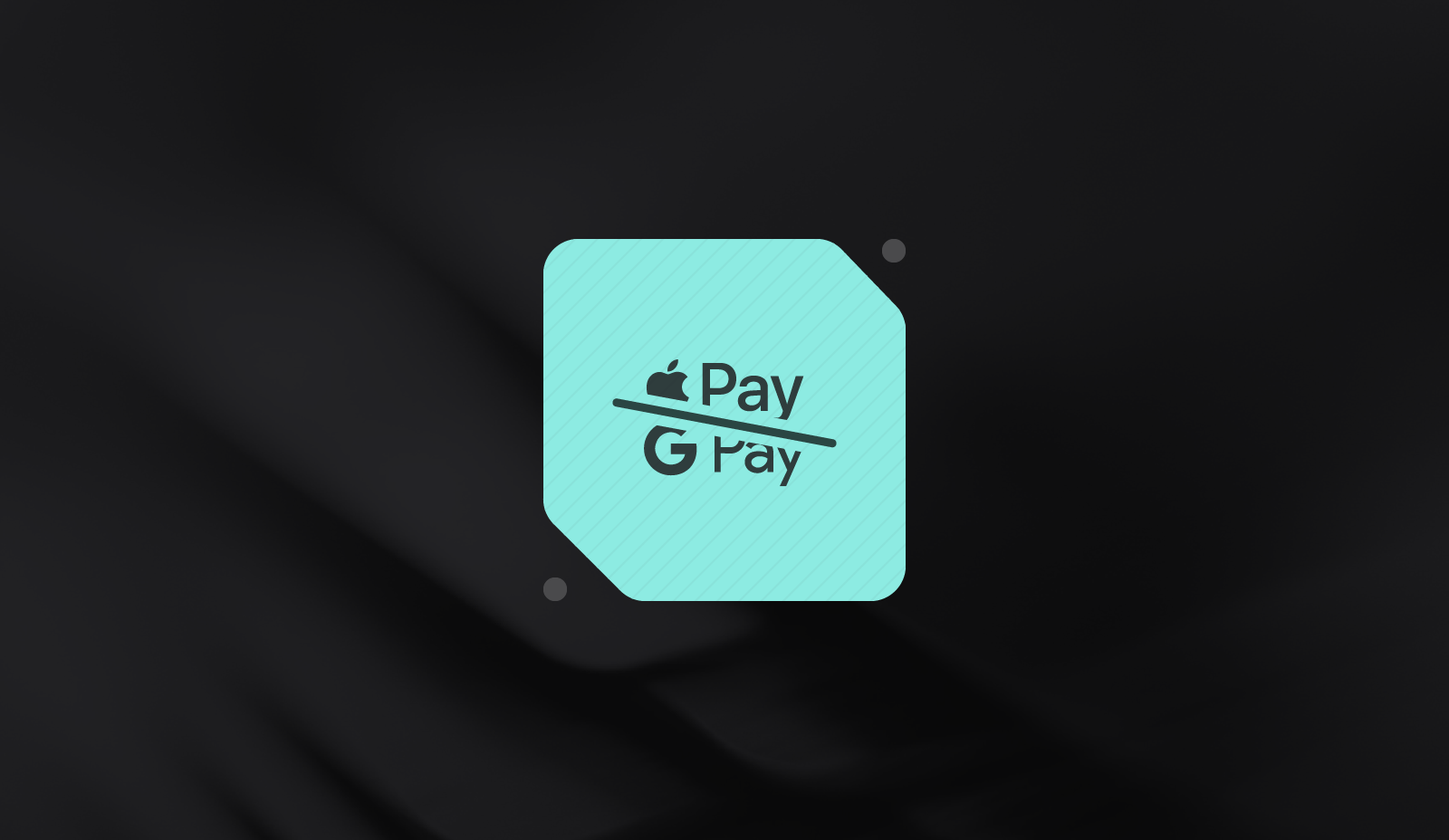
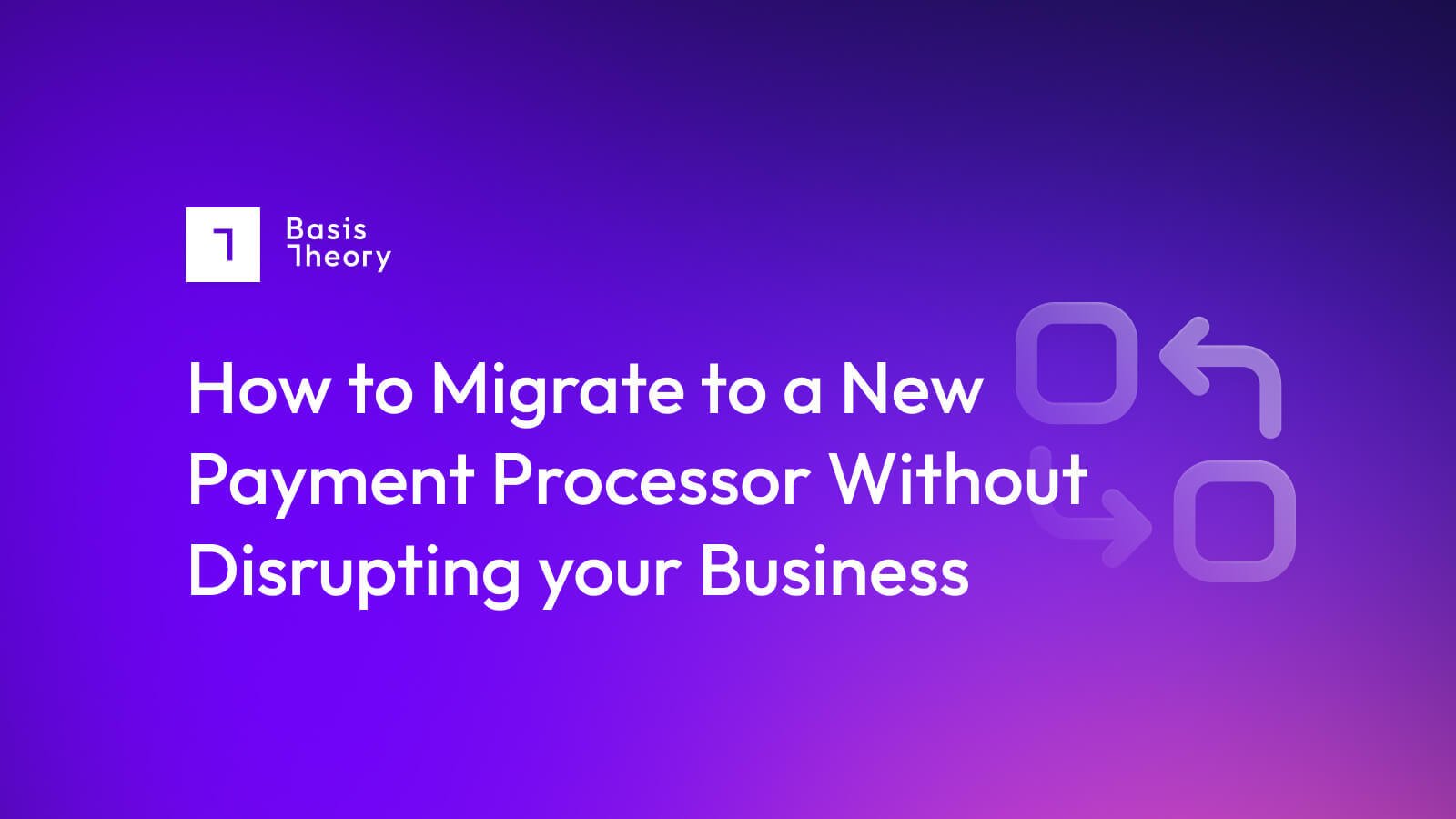
Merchants often find themselves in the position of wanting, or needing to migrate to a new payment processor. A PSP migration is normally either to take advantage of...


Upon completing the migration to a new payment service provider (PSP), payment professionals often let out a sigh of relief. Six months (or longer) of payment proces...

When planning to accept payments, integrating and going live quickly can ensure a smooth and swift road to generating revenue. Hosted payment pages can offer merchan...

As we rolled into 2024, we focused on 4 key components of our product: speed and performance, 3DS, Account Updater, and managed connections. Here’s how that went.


December rounded out a productive and successful 2024 for the Basis Theory Platform. Here’s what we released in the last month of the year.

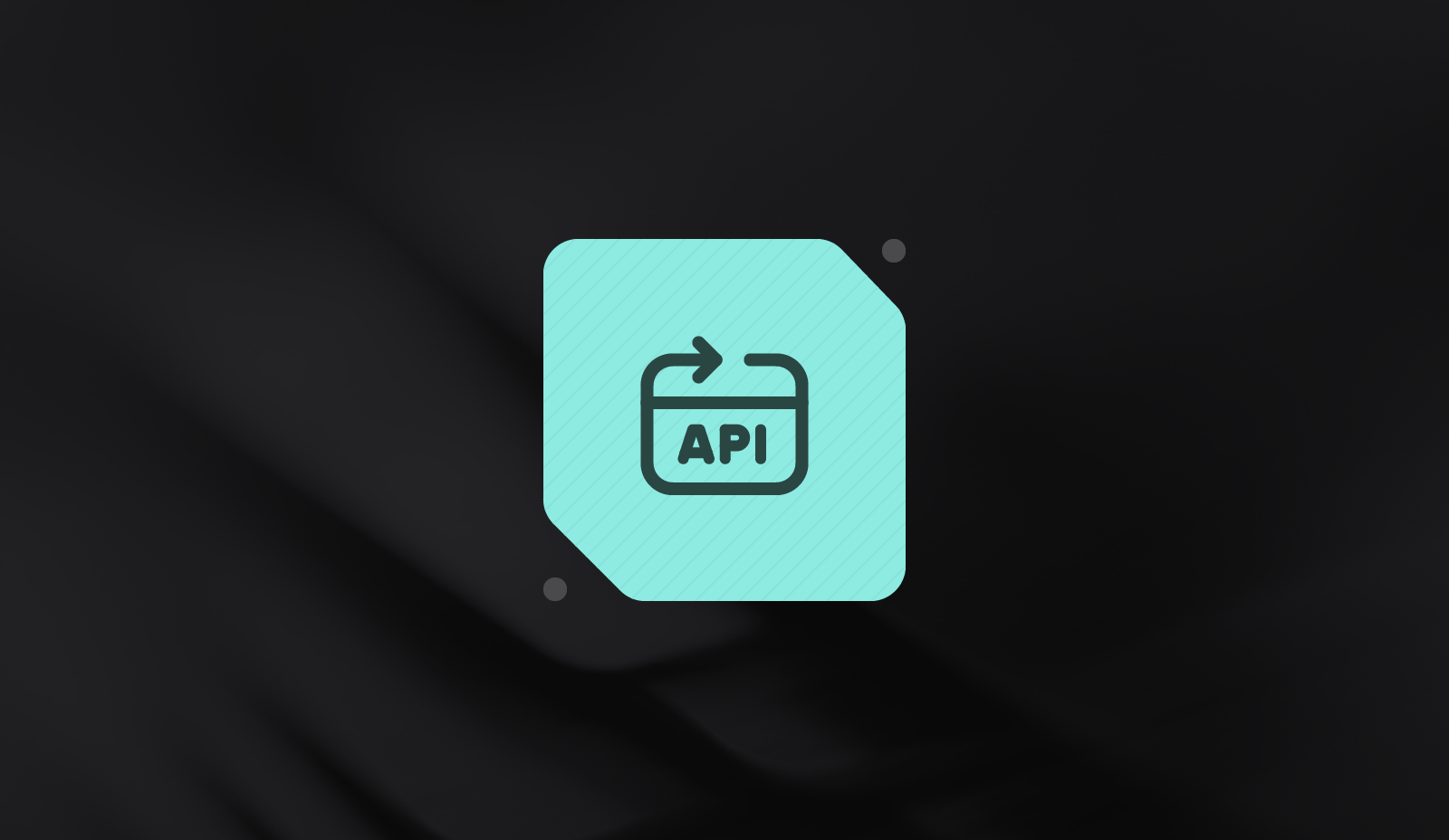

Whatever route you traveled to get into payments, we’re glad you made it here! We’ve curated a list of influencers in the payments industry that speak at events, pub...
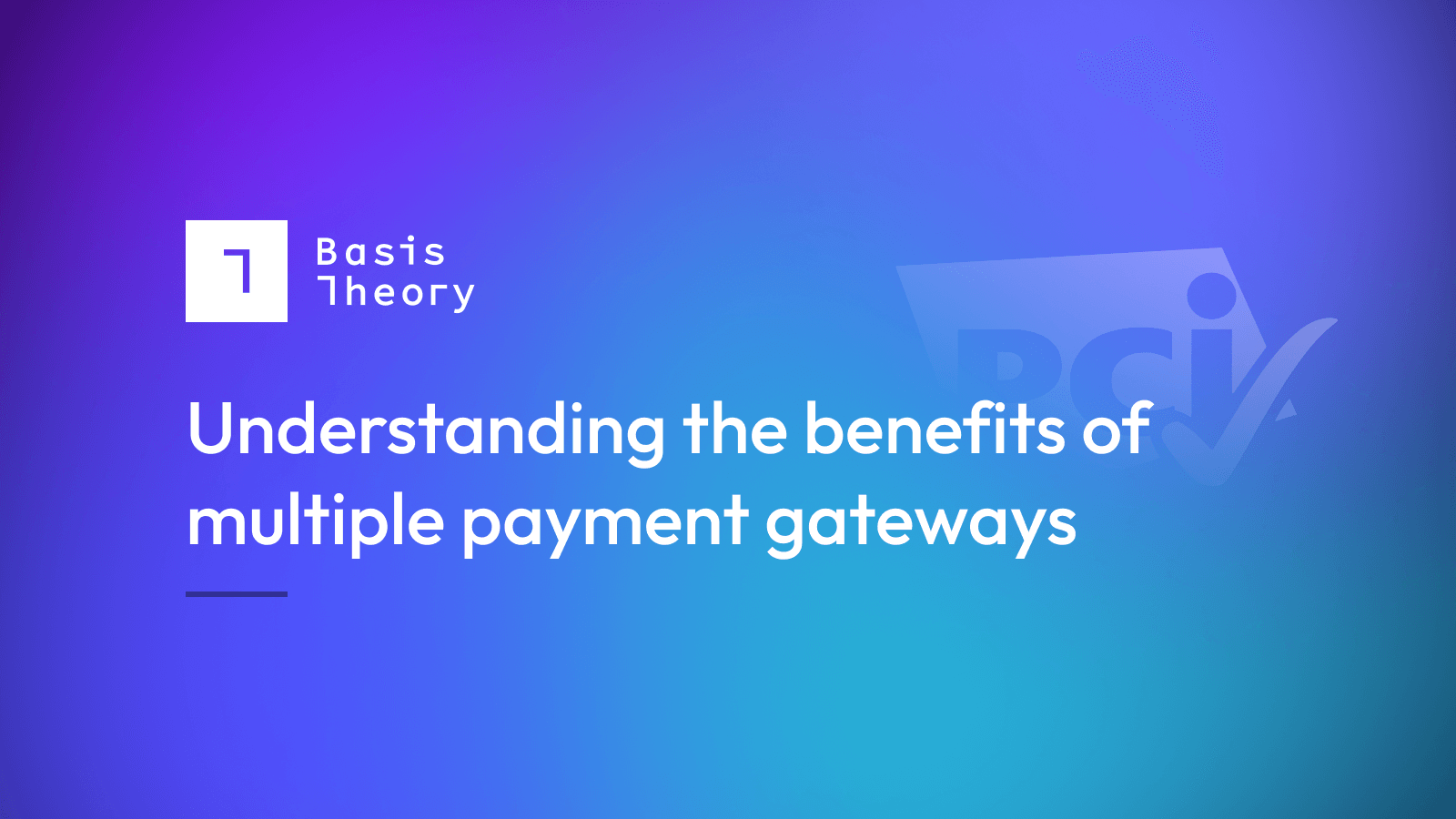



3DS Mobile Now Available In February, we shared the announcement that we now support 3DS transactions for Enterprise customers.
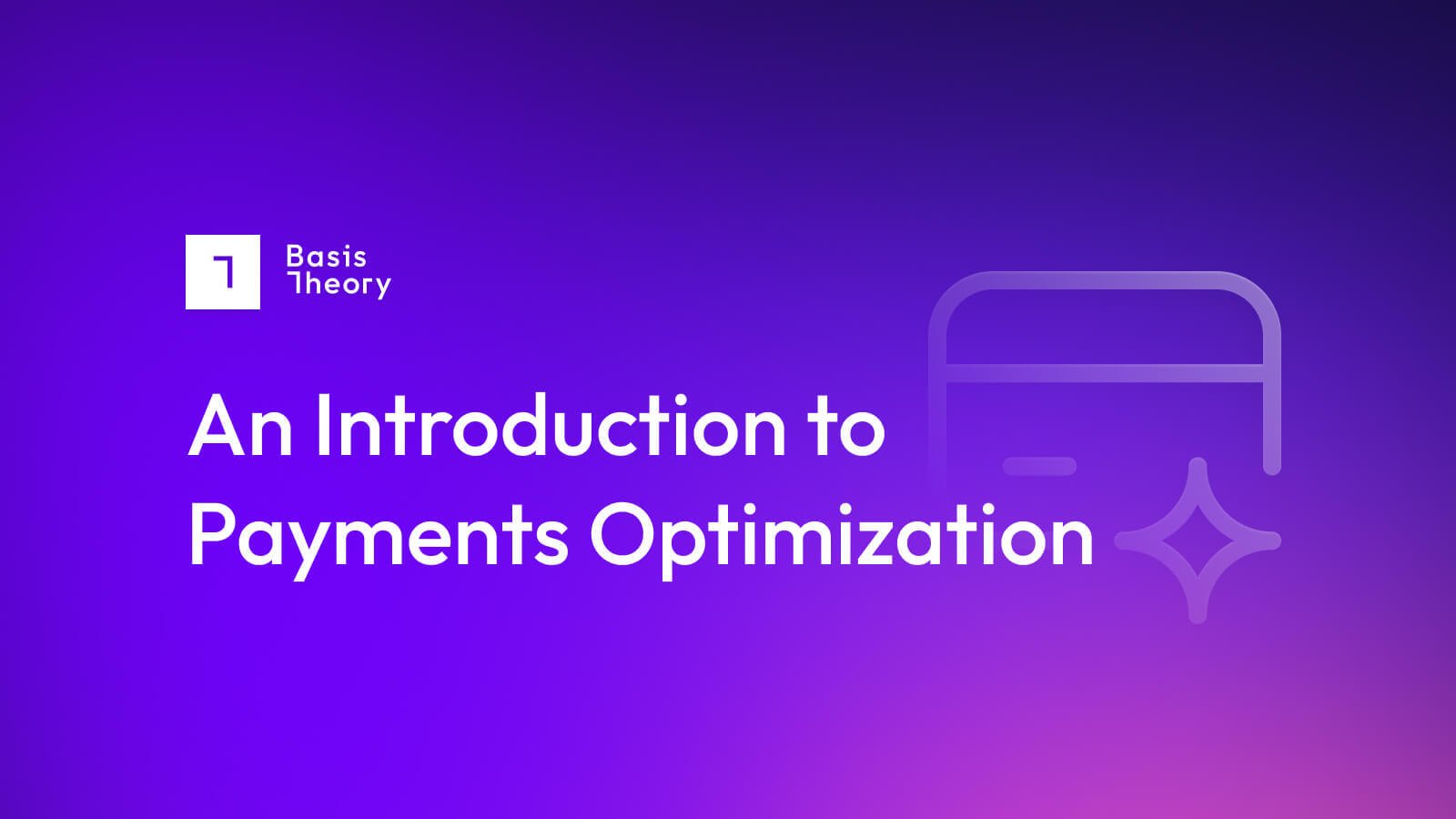
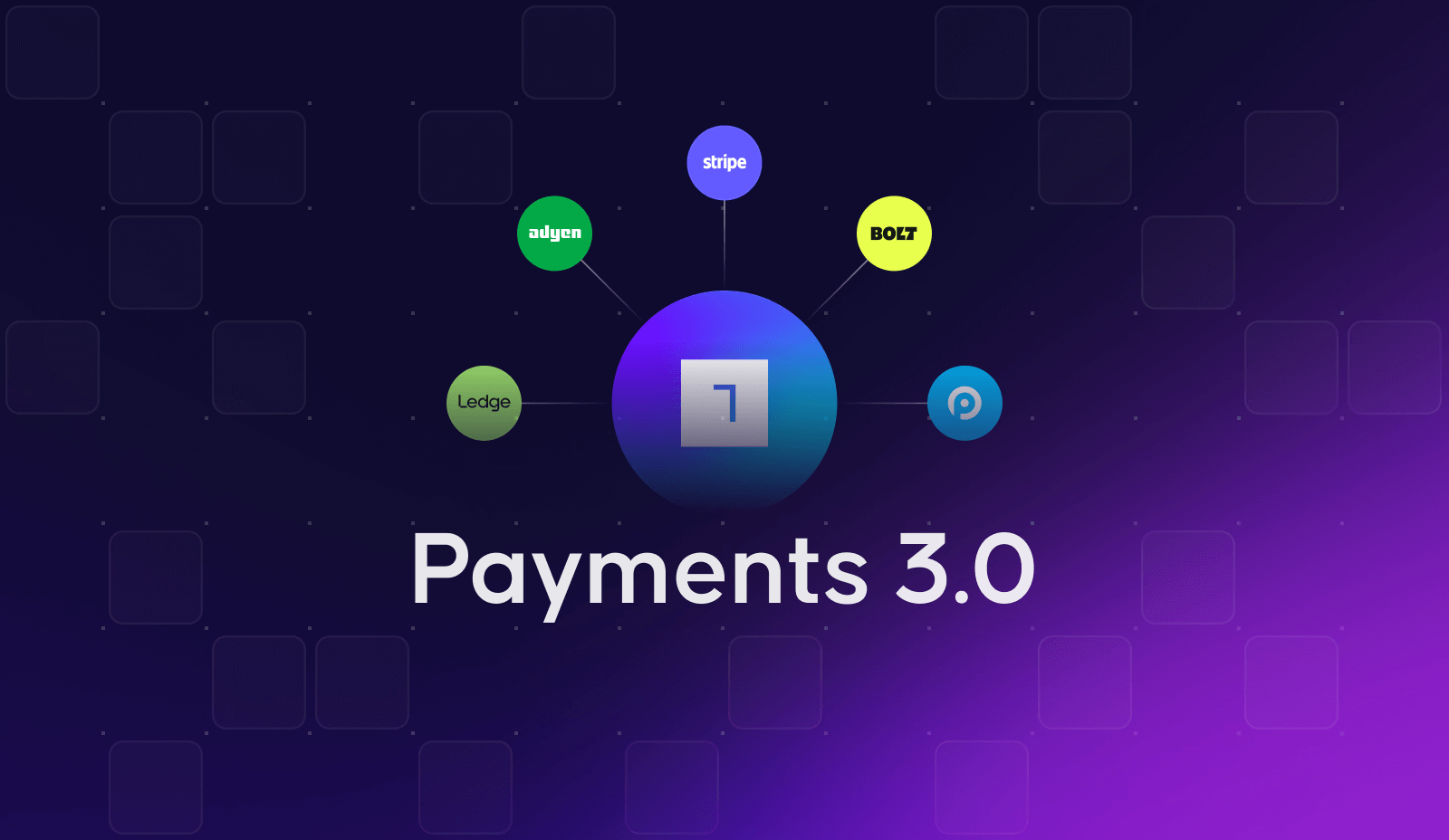

The last quarter of the year got off to a great start with the release of Token Intents and Bank Verification enrichment. Read on for more information. Token Intents...
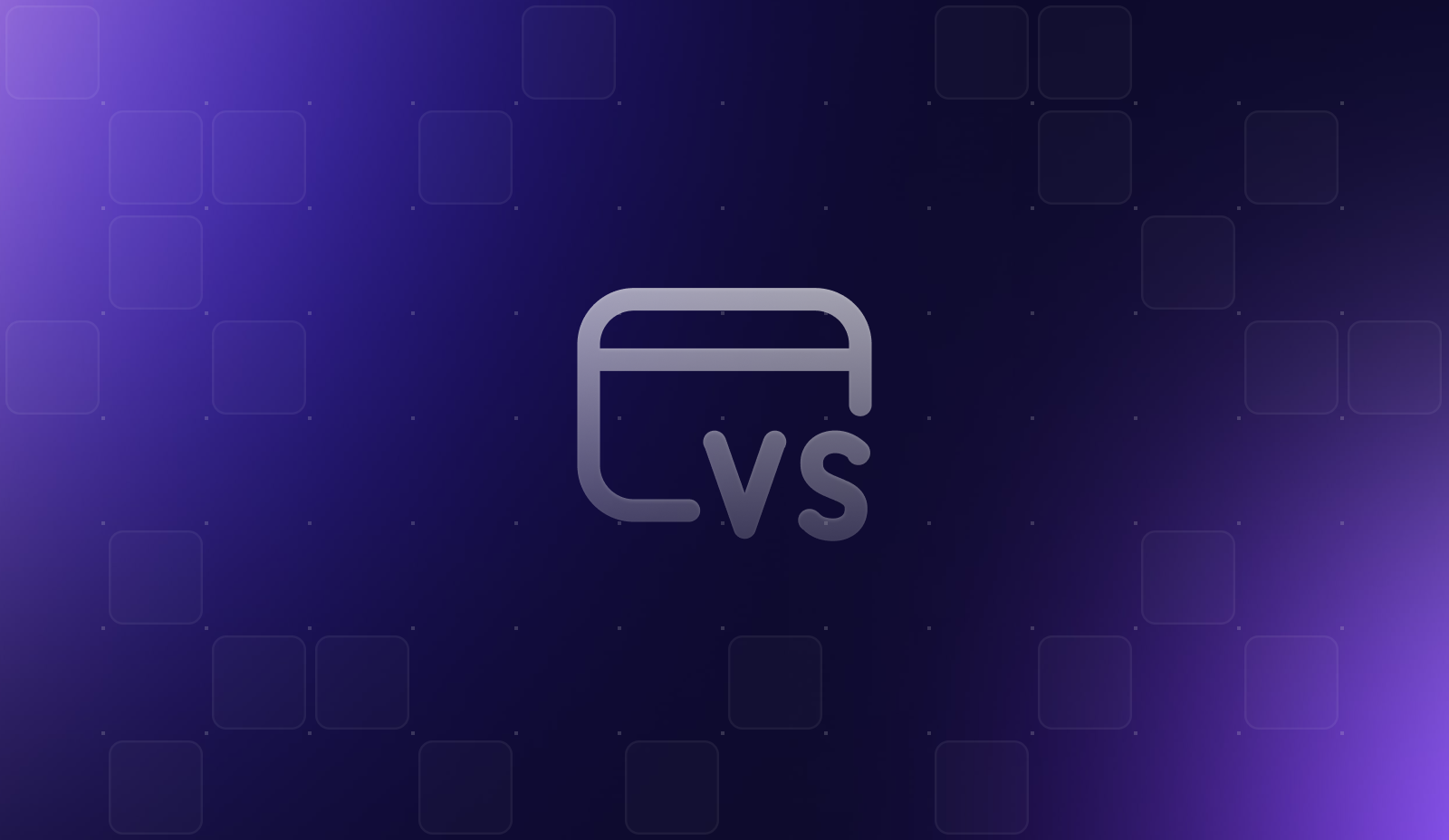
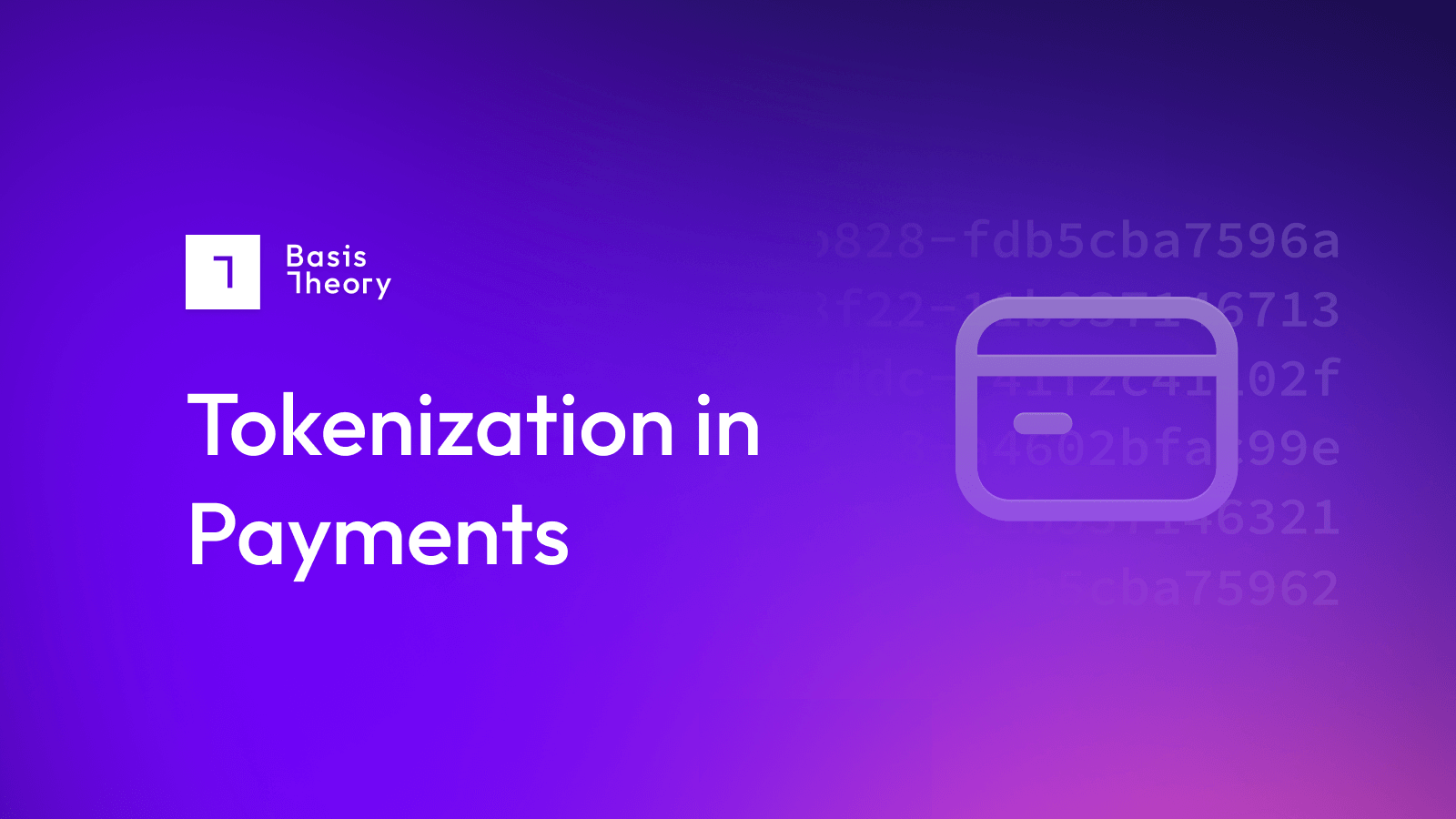

Historically, data security has been treated as featureless and burdensome—but a necessary expense incurred by organizations. Tokenization, however, has reframed the...

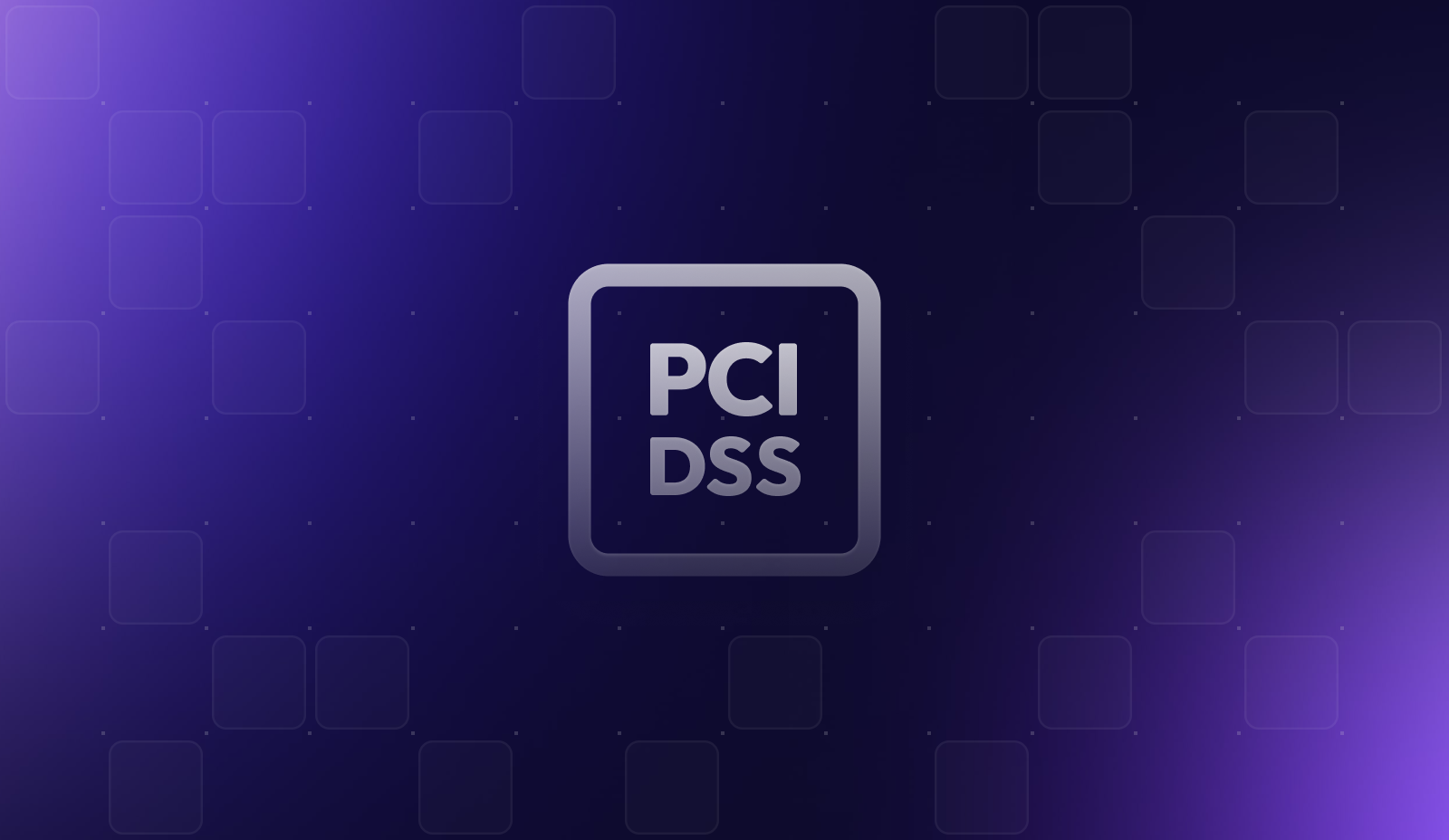


Token Create Speed Improvements We’ve significantly improved our tokens' speed for both Token Creations and Reads over the last few months—and customers should have ...



As summer months come to a close and we move into the Autumn months, we have a few helpful updates.
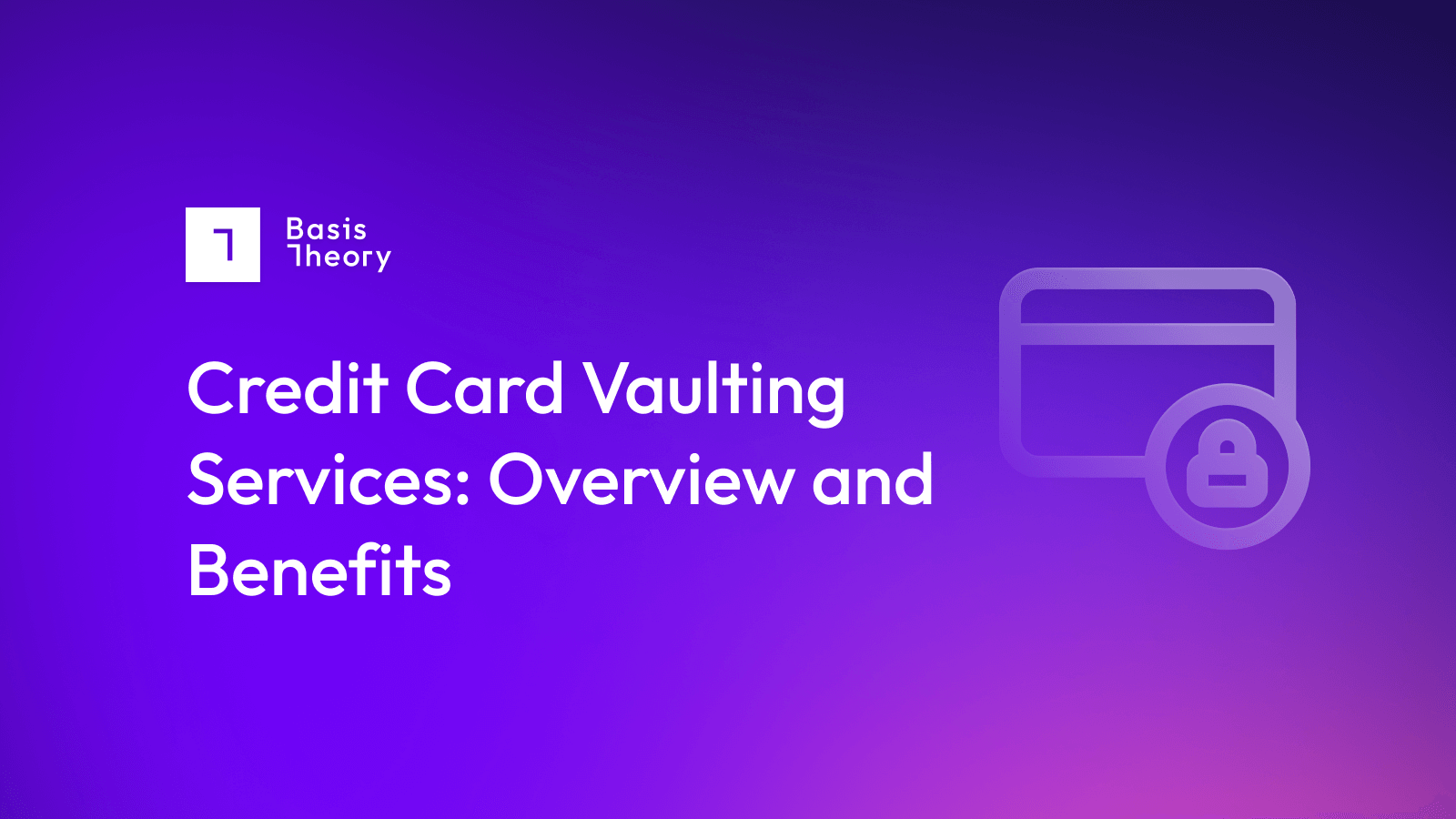
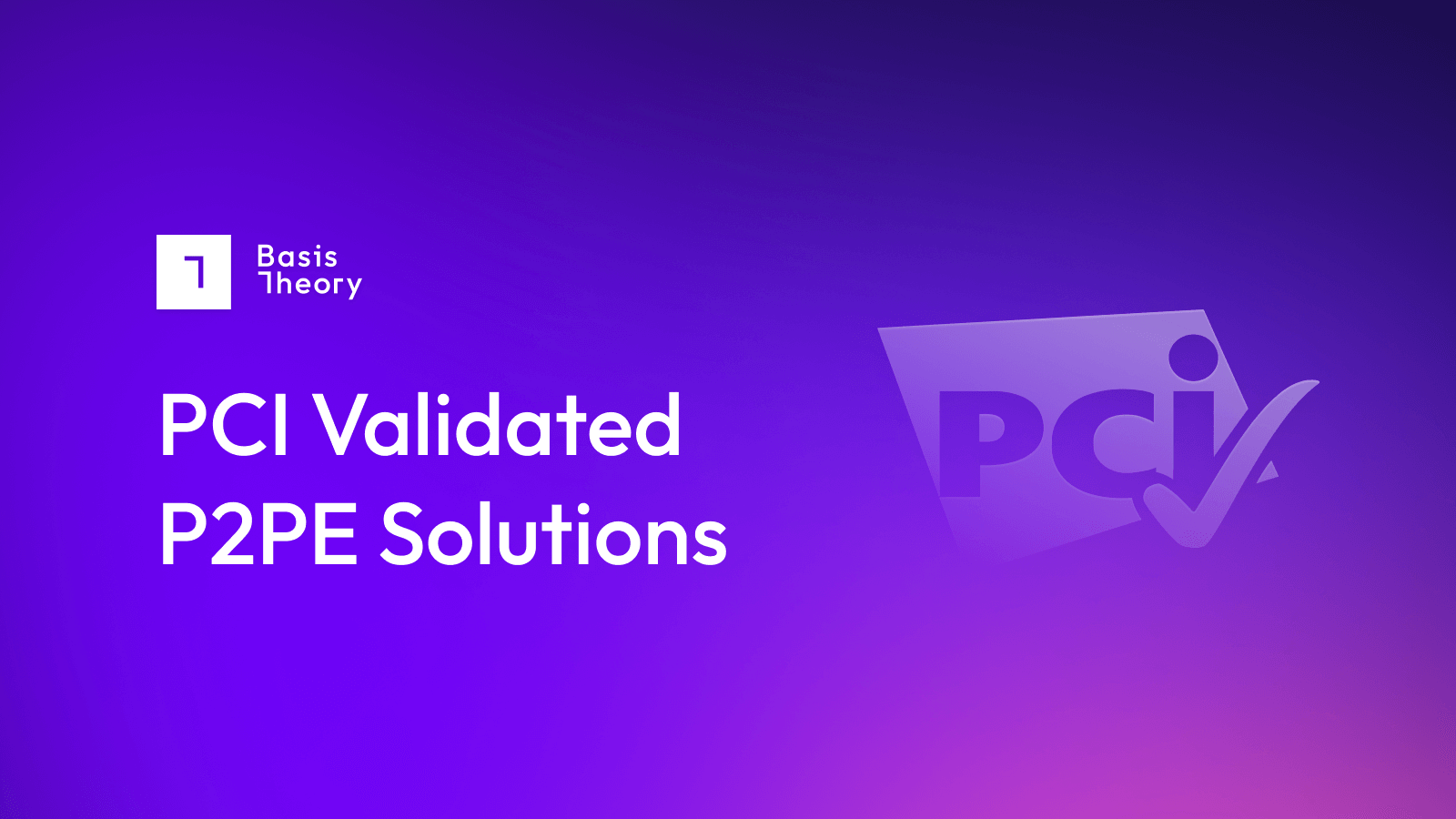



In today’s personalized e-commerce environment, any friction in the payment process can be the difference between a successful sale and a missed opportunity. Online ...

Summer Changelog In June and July, the team worked on many updates and enhancements to the Basis Theory Platform, from identity access updates, to webhook subscripti...
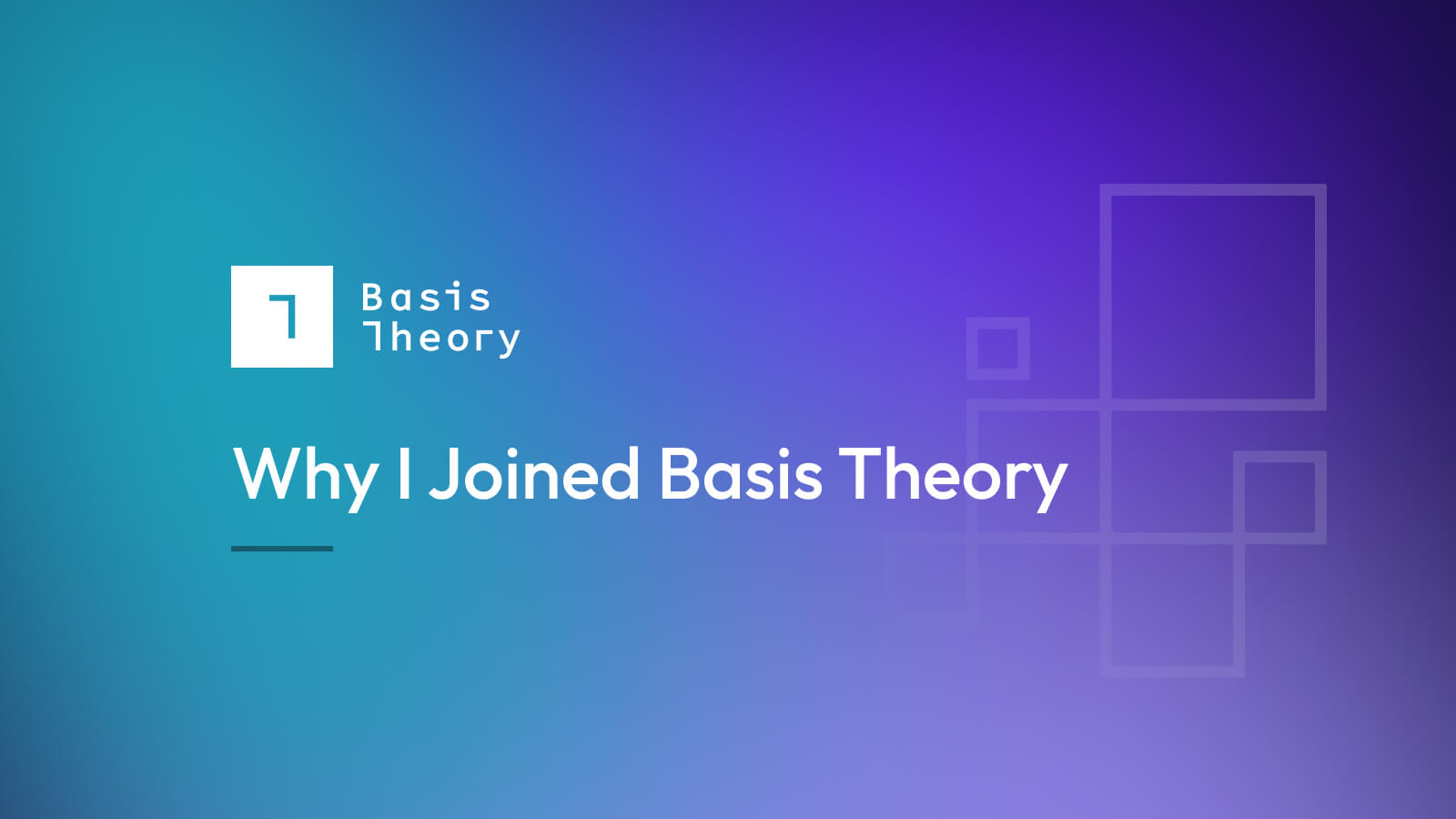
Love is a strong word, typically reserved for my family and my favorite music.
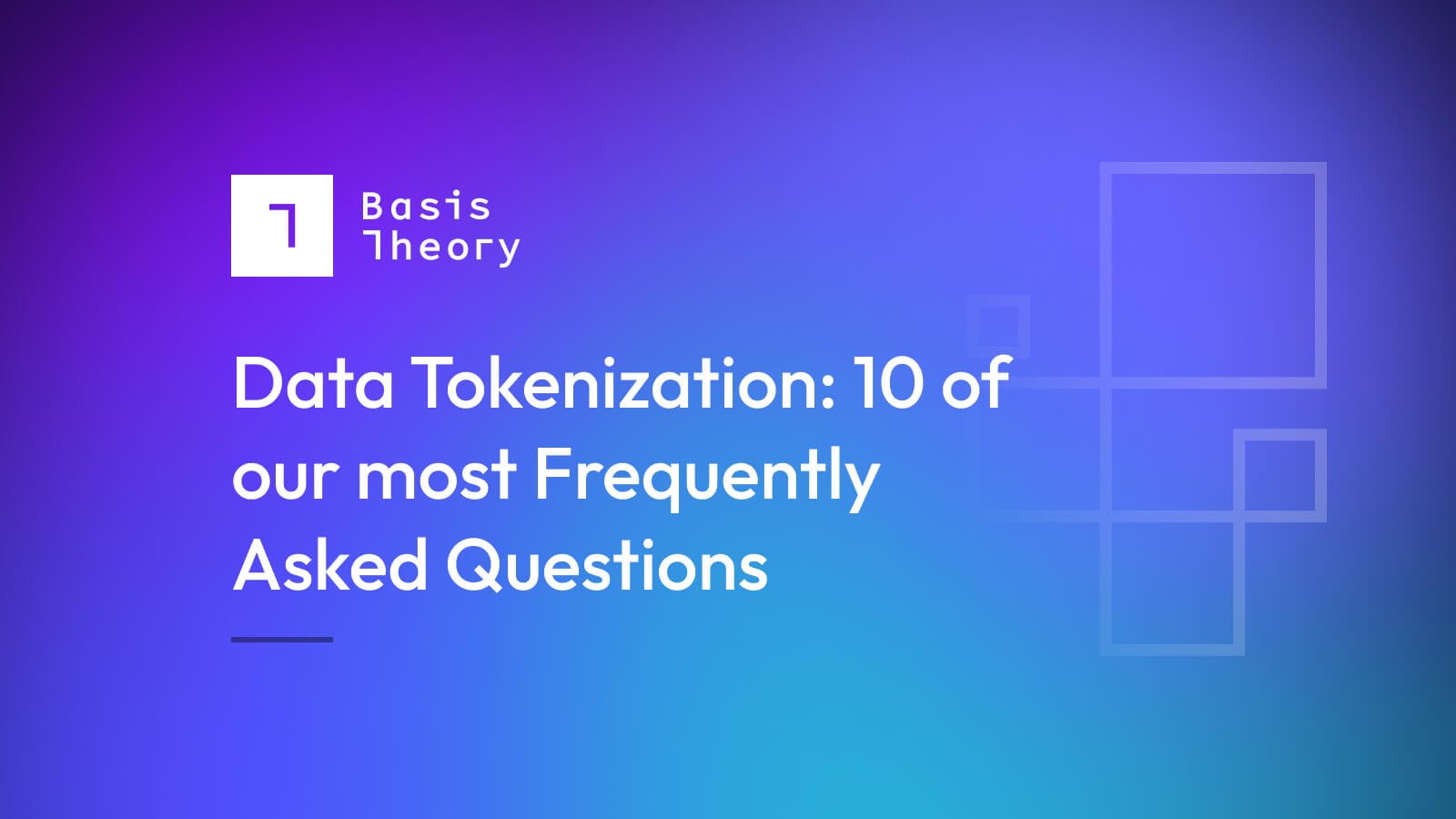



A key way in which merchants—especially those with subscription services—build their revenue is by using stored credit cardholder data to submit follow-on transactio...


Merchants are always on the lookout for ways to improve their security, while keeping as much friction as possible out of their purchase processes. Some of the optio...
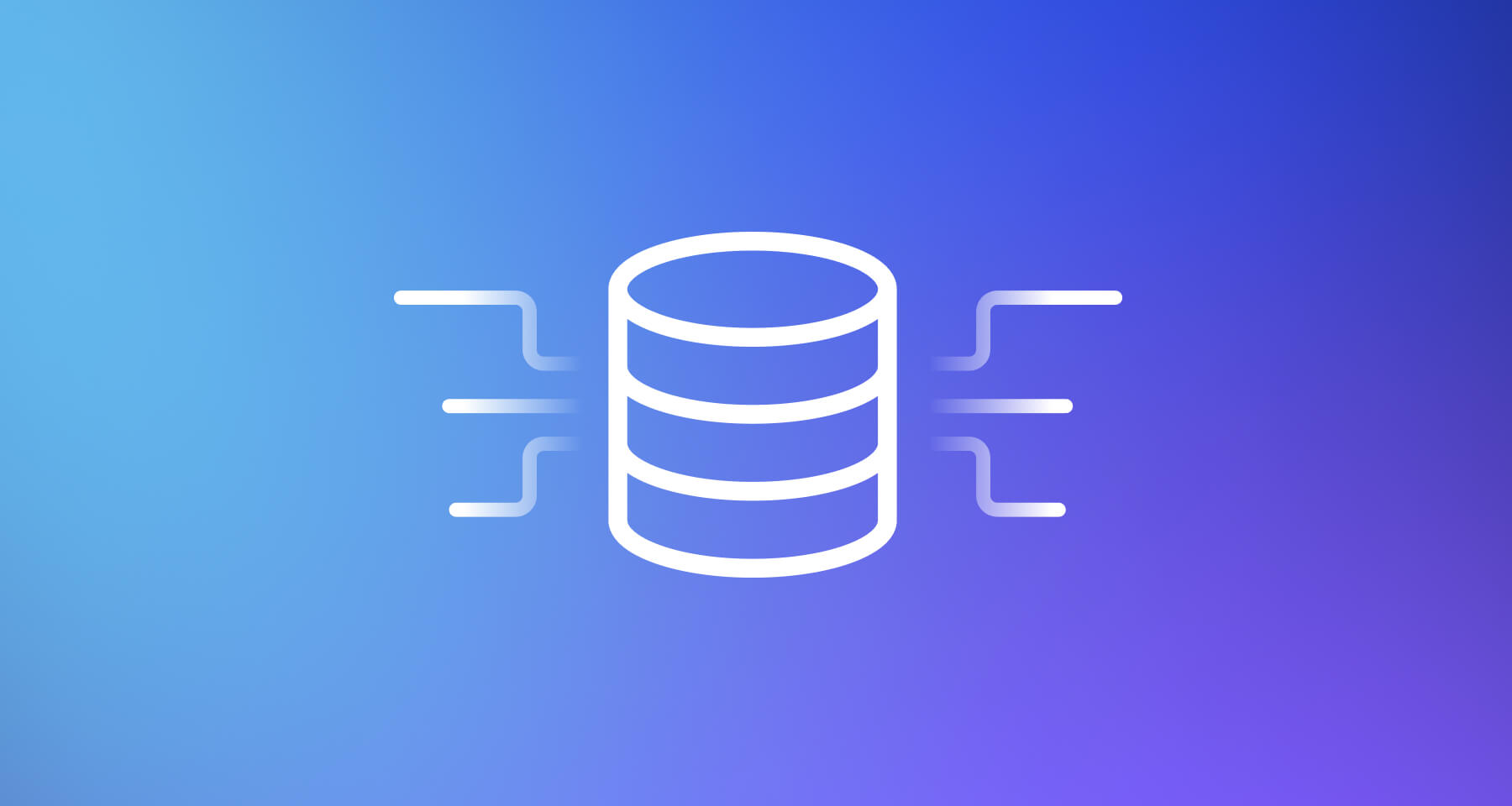

Any electronic payment comes with inherent risk: the customer might be using a fraudulent card, forgotten they’ve overspent their credit limit, or end up firing up a...

If you are a Basis Theory platform user, action is most likely required for your Production Tenant. What has Changed? We have updated our Rate Limits to better align...

Managed Connections: Orchestrating Payments We are happy to announce the launch of Managed Connections, which allows merchants to switch between payment processors t...